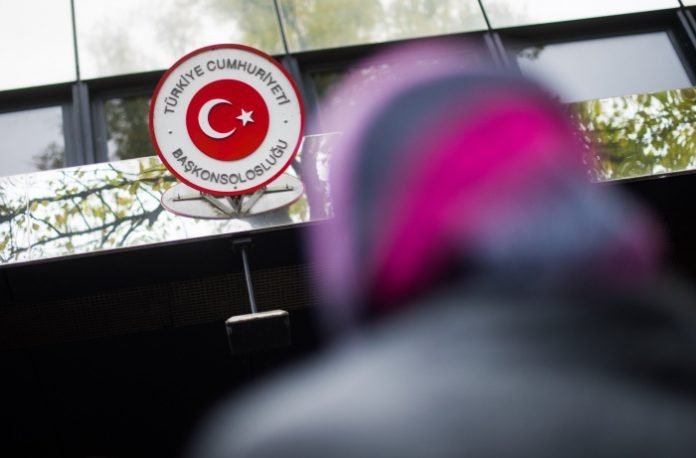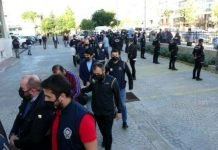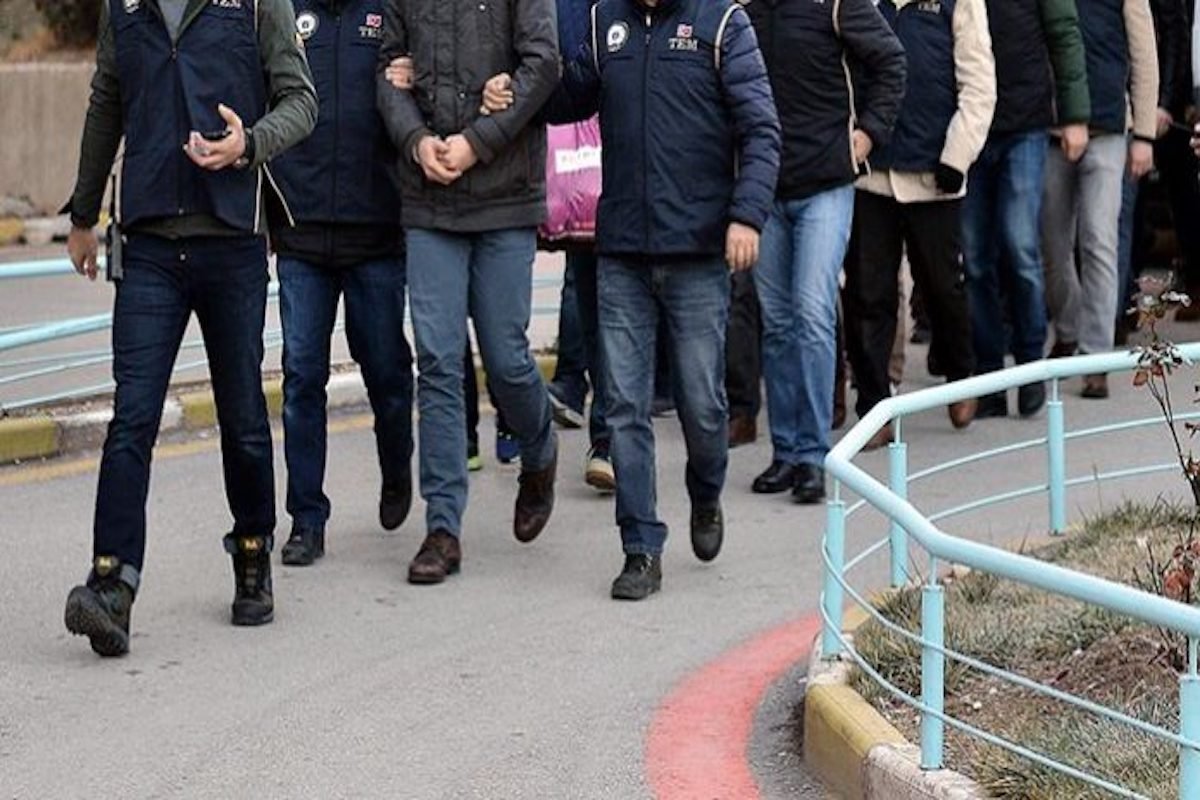The Turkish government used its diplomats in Australia to carry out a large-scale spying campaign on opponents of Turkish President Recep Tayyip Erdoğan and gather intelligence about them to help forge a criminal case against critics, Nordic Monitor reported.
A judicial document has confirmed that educators, representatives of local associations, professionals and businessmen living in Australia had been profiled by Turkish diplomats and reported to the Foreign Ministry in Ankara. Then information was later used in a criminal indictment for a charge of terrorism by Turkish prosecutor Adem Akıncı.
The extensive spying campaign of Turkish diplomatic missions based in Canberra, Sydney and Melbourne focused on Turkish and Australian citizens believed to be affiliated with the Gülen movement, a faith based group critical of President Erdoğan.
Nordic Monitor previously revealed how Turkey’s intelligence agency (MIT) has also targeted those people, used field agents to monitor meetings and employed infiltrators or informants to gather information illegally. The intelligence notes were later passed to spy agency headquarters in Ankara and shared with other security branches of the government.
According to a December 19, 2018 decision by prosecutor Akıncı, the Ankara Chief Public Prosecutor’s Office launched a separate investigation (file no. 2018/ 228614) into 64 Turkish and Australian nationals who were listed in espionage files dispatched by Turkish diplomats in the country without any concrete evidence of wrongdoing. They were charged with “membership in a terrorist group” by Akıncı.
As a result of a massive purge, the Turkish judiciary, intelligence services, diplomatic missions abroad and law enforcement authorities have become abusive tools in the hands of the Islamist government of President Erdoğan to prosecute critics, opponents and dissidents. The criminal justice system has often been abused by Erdoğan to persecute government critics, leading to the imprisonment of tens of thousands on false charges.
Judicial document dated December 19, 2018 reveals spying on critics in Australia by Turkish diplomatic missions (The addresses and names of the Turkish nationals have been redacted for security reasons):
A May 21, 2020 report by Nordic Monitor disclosed a Turkish police communiqué that exposed Mehmet Vehbi Yavuzlar, a 63-year-old Australian citizen of Turkish origin who was involved in volunteer work with the movement in Australia, as among the names targeted by MIT. Before his retirement, Yavuzlar was CEO of the Australian Universal Federation of Education and Culture, a Sydney-based charity that promotes education, diversity and multiculturalism.
The police letter showed that MIT passed the intelligence from Australia to the counterterrorism department of Turkish police at the Security General Directorate (Emniyet) in the capital city of Ankara. Then, the department shared the intel with the Ankara Police, who conducted its own investigation into the names forwarded by the intelligence agency, compiled a report and submitted it to the Ankara Chief Public Prosecutor’s office on March 16, 2020 for legal action.
The judicial document once more confirmed that spying activities by Turkish diplomatic missions result in serious consequences in the Turkish judicial system.
As previously disclosed by Nordic Monitor, the foreign ministry sent lists of profiled Turkish nationals in two CDs to the Ankara Chief Public Prosecutor’s Office, the national police and Turkey’s intelligence agency MIT on February 19, 2018 via an official document for further administrative or legal action, the punishment of their relatives back in Turkey and the seizure of their assets.
Public prosecutor Akıncı, who received the foreign ministry document on February 23, 2018, forwarded the classified CDs including information on 4,386 Erdoğan critics to the Organized Crimes Unit of the Ankara Police Department for further action. The police conveyed the results of its investigations to the public prosecutor.
According to judicial documents released by the Ankara 4th High Criminal Court on January 16, 2019, the foreign ministry compiled a long list of foreign entities that were owned and/or operated by people who were seen as close to the movement.
Moreover, Nordic Monitor revealed how MIT infiltrated refugee camps in Greece in order to spy on opponents who were forced to flee to Greece to escape an unprecedented crackdown in neighboring Turkey.
Critics of the Erdoğan government abroad, especially members of the movement, have been facing surveillance, harassment, death threats and abduction since President Erdoğan decided to scapegoat the group for his own legal troubles. They have often been denied consular services such as power of attorney and birth registry as well as having their passports revoked. Their assets in Turkey are seized and their family members at home risk criminal charges.
Foreign Minister Mevlüt Çavuşoğlu confirmed systematic spying on Turkish government critics on foreign soil as by Turkish diplomatic missions in February, 2020. Çavuşoğlu said Turkish diplomats assigned to embassies and consulates have officially been instructed by the government to conduct such activities abroad. “If you look at the definition of a diplomat, it is clear. … Intelligence gathering is the duty of diplomats,” Çavuşoğlu told Turkish journalists on February 16, 2020 following the Munich Security Conference, adding, “Intelligence gathering and information collection are a fact.”
It is clear that Turkish diplomatic missions violate the domestic laws of receiving states and the principles of international law by conducting unlawful information-gathering campaigns and sweeping intelligence operations. Erdoğan’s envoys enjoyed the privileges and immunities described in the international conventions while they systematically spied on critics of the president, collected information on Turks living abroad and transmitted it to headquarters.
The immunities and privileges of diplomats and consular staff are governed by international conventions. However, diplomats enjoying the privileges and immunities described in the Vienna Convention on Diplomatic Relations are under a duty to respect the laws and regulations of the receiving state and to avoid interfering in its internal affairs as detailed in Article 41. Similarly, consular staff are granted limited privileges and immunities by the Vienna Convention on Consular Affairs, but the host state authorities can start investigations and prosecute any of the personnel if they perpetrate crimes inside or outside the consulate premises, according to Article 43 of the convention.

















